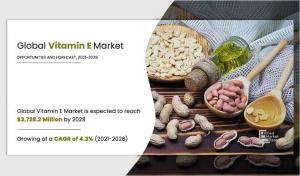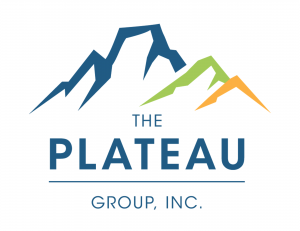The olive oil industry is currently facing unprecedented challenges, with shortages and escalating prices paving the way for an increase in fraud.
LONDON, UNITED KINGDOM, April 11, 2024 /EINPresswire.com/ — The olive oil industry is currently facing unprecedented challenges, with shortages and escalating prices paving the way for an increase in fraudulent activities. The authenticity of extra-virgin olive oil, a staple in culinary traditions worldwide, has come under scrutiny. Consumers and restaurateurs alike are urged to exercise caution and vigilance.
Europol’s recent investigations have shed light on the alarming prevalence of counterfeit olive oil within the market. A significant operation saw the seizure of over 260,000 liters of fake olive oil in Italy and Spain, highlighting the sophisticated nature of these fraudulent schemes. These counterfeit products often involve the substitution of high-quality olive oil with cheaper, inferior seed oils. These oils are manipulated with additives like chlorophyll and carotenoids to mimic the appearance of authentic olive oil, deceiving the unsuspecting consumer.
Authentic olive oil is renowned for its distinctive taste and aroma, characteristics that cannot be replicated by seed oils. Olive oil’s unique flavor profiles, ranging from sweet to bitter or zesty, are attributable to the presence of polyphenols. These compounds not only contribute to the oil’s taste but also offer numerous health benefits. Distinguishing genuine olive oil from fraudulent mixtures can be challenging, yet there are analytical methods, such as examining fatty acid and sterol compositions, that can help identify adulterated products.
While some countries permit the sale of blended oils, transparency regarding the content and labeling is mandatory. The practice of mixing olive oil with lower-quality “lampante oil” is another method used to dilute the purity of olive oil while reducing costs. This not only compromises the quality but also misleads consumers about the product they are purchasing.
When selecting extra-virgin olive oil, consumers should scrutinize product labels for harvest dates, locations, and certification seals from reputable third-party organizations. Advances in technology, such as blockchain systems for traceability, offer promising solutions for enhancing transparency in the olive oil supply chain. However, the effectiveness of these tools is contingent upon consumer awareness and engagement.
The root cause of the current olive oil predicament is a severe drought affecting the Mediterranean region, responsible for the majority of the world’s extra-virgin olive oil production. Countries like Spain, Greece, Italy, and Tunisia have experienced significant reductions in output, leading to a dramatic surge in prices. This scenario has provided fertile ground for counterfeiters, who exploit the situation by introducing fake products into the market, often with the complicity of entities seeking to avoid the high costs of authentic olive oil.
The integrity of the olive oil industry is at a critical juncture, challenged by environmental adversities and the proliferation of fraudulent practices. It is imperative for consumers to be equipped with the knowledge and tools necessary to distinguish authentic olive oil from counterfeit offerings. Vigilance, coupled with a commitment to supporting transparency and quality in the olive oil supply chain, can help safeguard this invaluable culinary treasure. As the market navigates through these turbulent times, the collective efforts of producers, regulators, and consumers will be pivotal in restoring trust and authenticity in olive oil products.
Gordon Davidson
Morocco Gold
email us here
Visit us on social media:
Facebook
Twitter
Instagram
Other
![]()
Originally published at https://www.einpresswire.com/article/702927912/the-rise-of-olive-oil-fraud



